Good evening. It can be hard to hear criticism, especially if you’re failing your own high standards. This week’s issue looks at a variety of tough love tactics, from our cover story on Li Qiang’s China Labor Watch, which almost single-handedly holds multinational corporations to account for labor violations in China, to our interview with Kishore Mahbubani, whose new book, Has China Won?, has some very harsh words about what he says is the moral hypocrisy of the U.S. If you’re not already a paid subscriber to The Wire, please sign up here to read the full issue.
Want this emailed directly to your inbox? Sign up to receive our free newsletter.
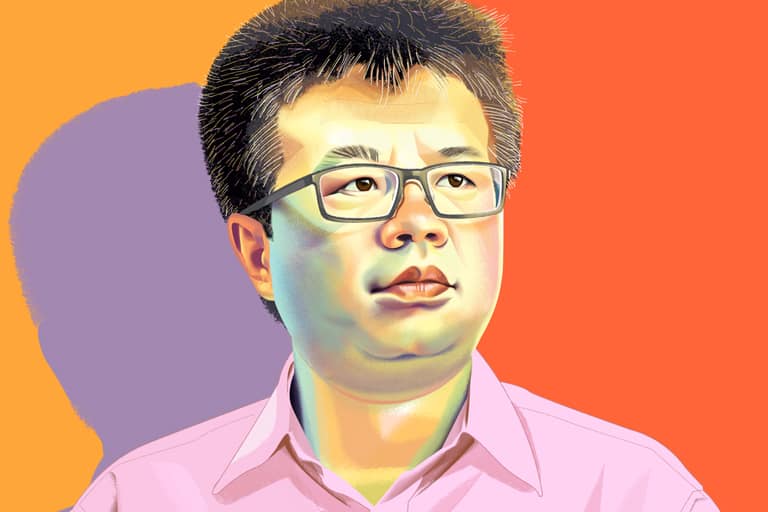
Illustration by Nigel Buchanan
Who’s Afraid of Li Qiang?
Amazon, Apple, and many other household brands, it turns out. As the founder of China Labor Watch, Li Qiang has become a thorn in the side of multinational corporations by exposing the poor working conditions and often illegal labor practices inside the Chinese factories where they source their products. Over the past 20 years, his detailed, eye-witness reports have uncovered a litany of grievances — from suicides to deadly accidents to underage workers. While many companies today tout their Supplier Codes of Conduct and third-party audits, they often fail to catch what Li — operating on the other side of the world with an annual budget around $300,000 — does. In this profile of Li for The Wire, writer Ambreen Ali takes you inside Li’s operation and shows how he nimbly navigates challenges like the Ivanka Trump brand and China’s recent crackdown on labor activists.
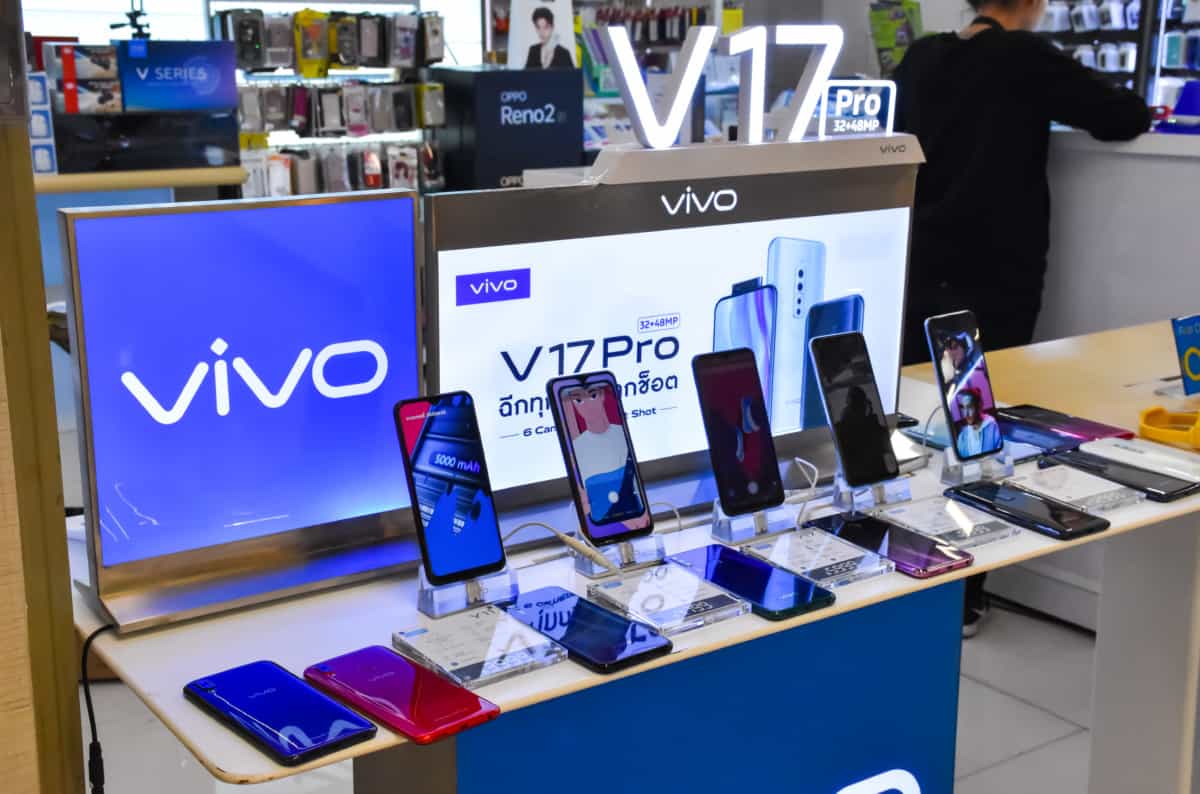
Credit: Patcharaporn Puttipon 636, Shutterstock
The Big Picture: The BBK Influence
You may have heard about the popularity of Chinese smartphone brands like Vivo and Oppo, but are you familiar with the name “BBK Electronics?” Duan Yongping, the company’s secretive billionaire founder, is sometimes referred to as the “godfather” of China’s smartphone industry and is, in one way or another, behind the mobile phone brands Vivo, Oppo, OnePlus and Realme. Together, these brands sell more than 100 million mobile handsets a year — more than Apple, Huawei or Xiaomi. In this week’s Big Picture, The Wire‘s graphics team untangles BBK’s influence on the mobile phone market.
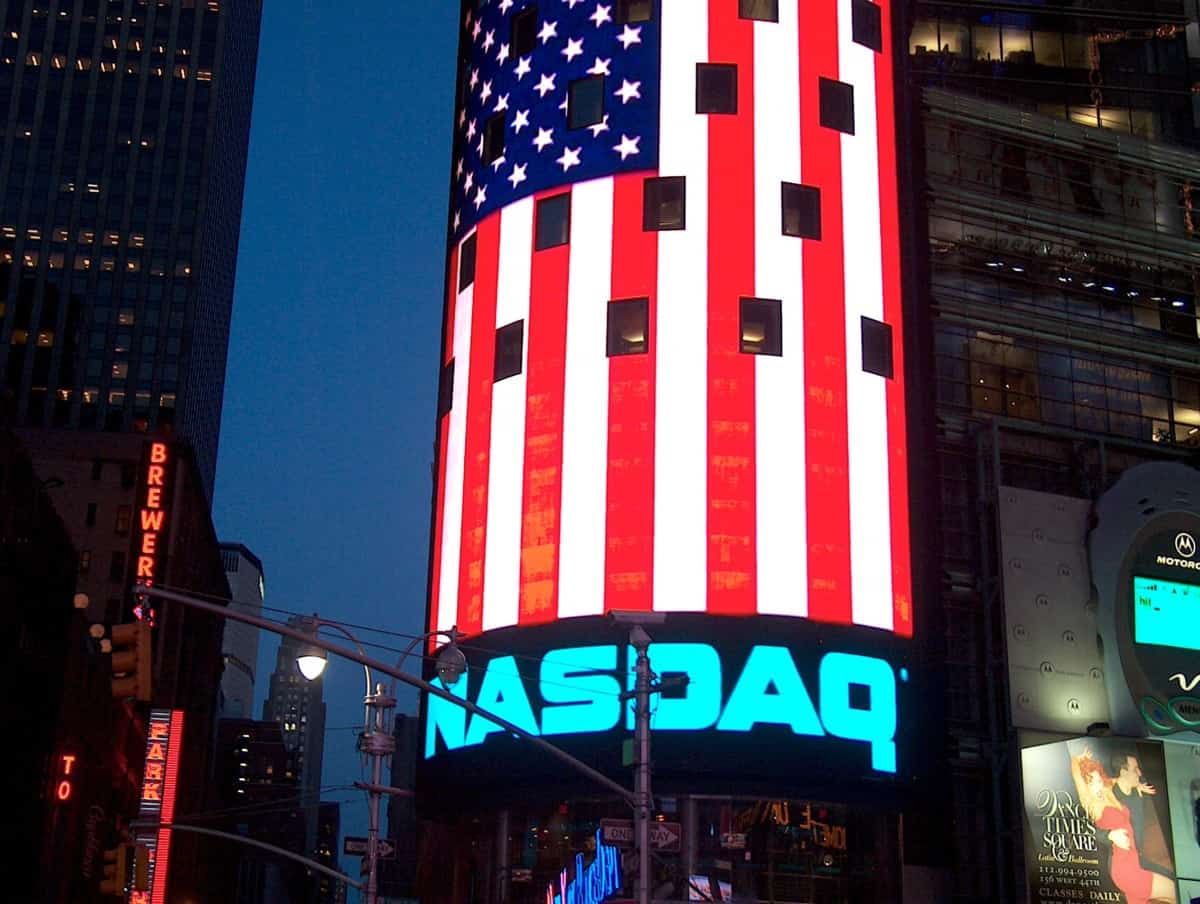
China Bulls
April was not kind to Chinese companies listed on American exchanges. Shares of Nasdaq-listed Luckin Coffee were pummeled after the company admitted to cooking its books. The chairman of the Securities & Exchange Commission issued a blunt warning about the risks of investing in Chinese firms. And Senator Marco Rubio renewed a call for some Chinese companies to be barred from the nation’s capital markets. And yet, as The Wire reporter Eli Binder shows, last week, a Chinese cloud computing company, Kingsoft Cloud, pulled off one of the biggest initial public offerings of the year, and Chinese stocks have outperformed this year. Why are investors in the U.S. markets shrugging off concerns about fraud or the risks that come with investing in companies based in China?
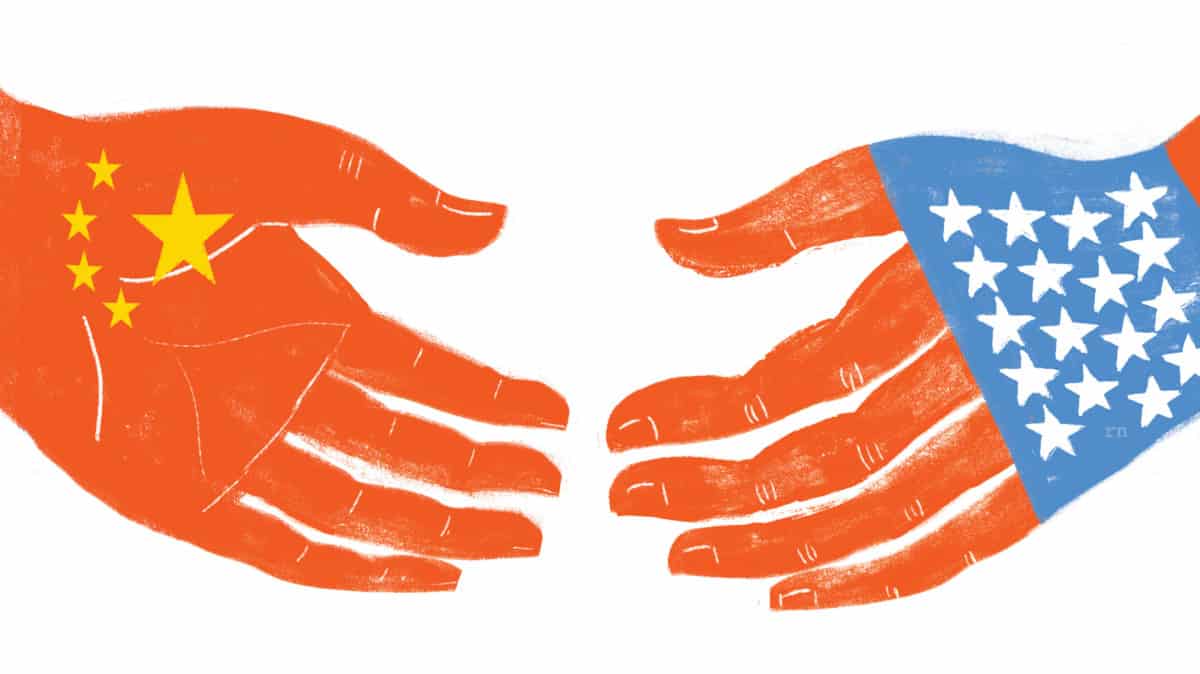
Covid-19 Is Finishing Off the Sino-American Relationship
While Americans have long been aware of the ideological chasm between their country and China, to most it was largely a distant abstraction. But the Covid-19 outbreak — which has caused death, partial economic shutdowns, and mass unemployment — turned the abstract into reality. For the first time, Minxin Pei writes in this op-ed for The Wire, ordinary Americans going about their lives in their own country fear for their economic and physical survival, because of political repression in a distant land. And Americans do, by and large, blame Chinese political repression for the crisis. Because punitive measures enjoy wide public support — 71 percent of Americans want to pull manufacturing back from China — the only real question is how harsh they will be.
A Q&A With Kishore Mahbubani
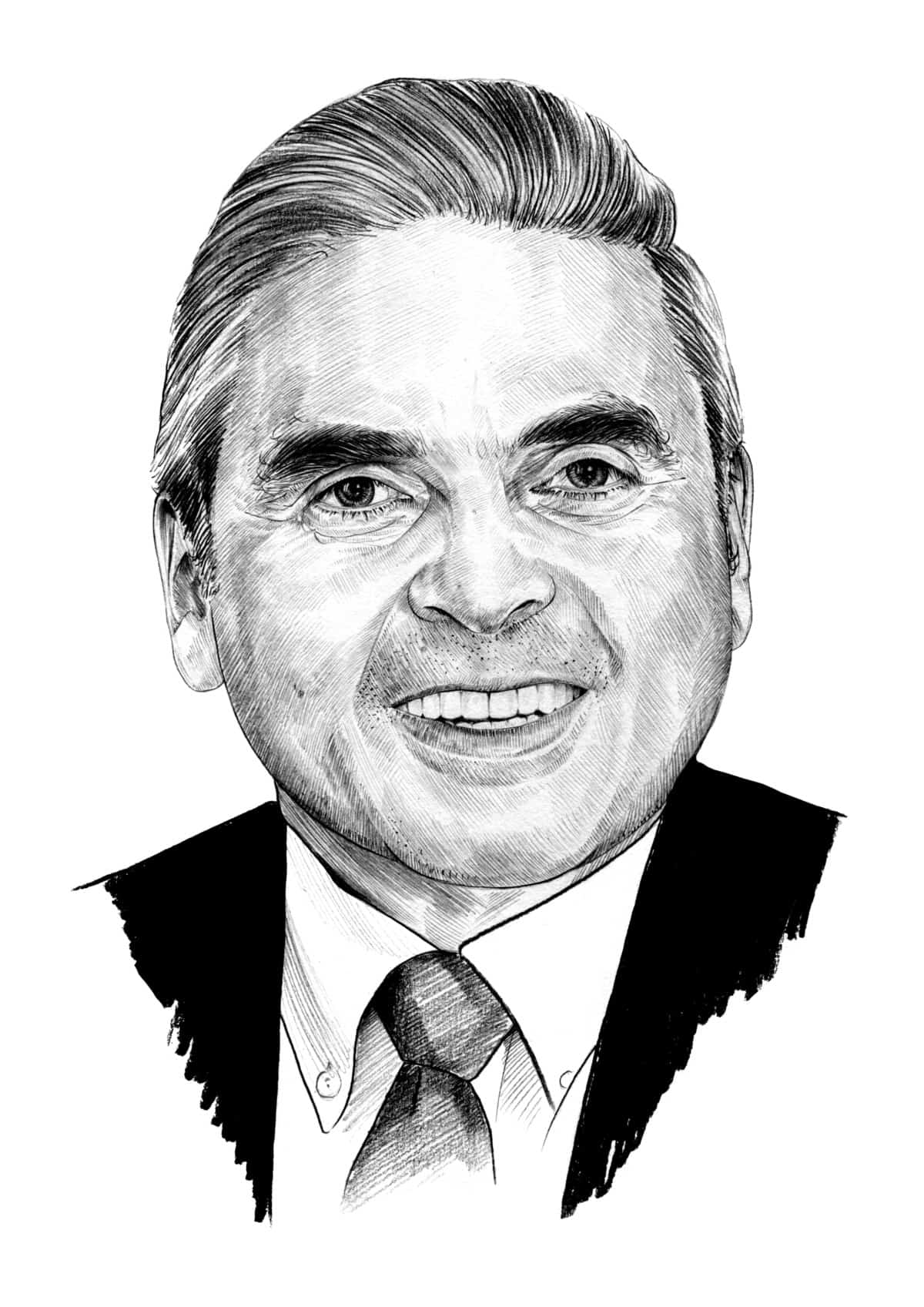
In his new book, the Singaporean diplomat Kishore Mahbubani asks, Has China Won? In this very frank interview with The Wire’s David Barboza, he walks through some simple math about China’s economic rise and explains why the U.S. needs some tough love. “The danger of the conversation that is happening within America,” he says, “is that it is a self-referential dialogue among 330 million people who have locked themselves up in a bubble called moral superiority.”
Kishore Mahbubani
Illustration by Lauren Crow
Subscribe today for unlimited access, starting at only $19 a month.



